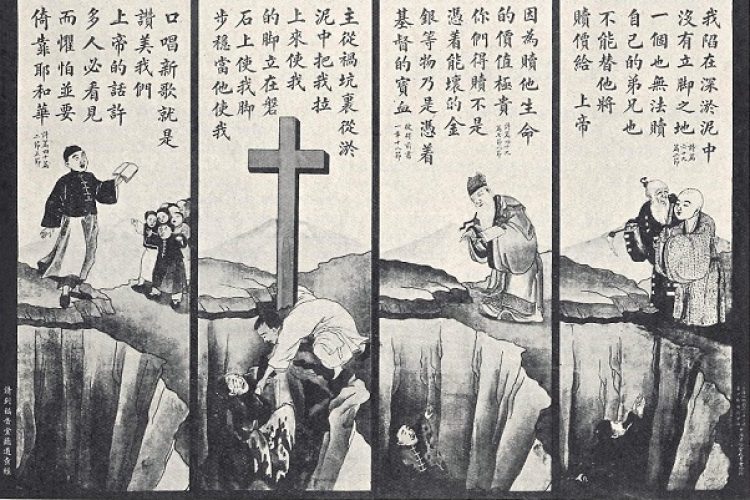“It has long been recognised that new churches, to become mature, must become self-governing, self-financing, and self-propagating: those were the measures of the old indigenous principle. Contextualization takes a big step further. It insists that believers must “do theology” from within their own culture, and not simply learn a system of theology developed in another culture. For most of us, I think, this has become almost axiomatic. We are aware of certain abuses to which certain forms of contextualization can lead … but we cannot doubt the importance of the phenomenon.”
– D. A. Carson, The Gagging of God.
According to Harvie Conn, six criteria for doing theology are especially significant:
- Biblical theology, the history of special revelation, must seek to retain the dynamic element of revelation-as-process.
- A covenantal dimension will underline that divine truth is radically transforming faithfulness in word and deed to God’s faithfulness.
- Theology must be culture-specific.
- In the process of doing theology, we seek to recapture the evangelistic task of theology as confession before men.
- As communal statements of faith, theologies and theologizing cannot simply be borrowed or imposed. Neither can the process of creating theology isolate one part of the church from another.
- Related to this is theology’s calling to be prophetic. How can it function to confront the agendas of human cultures and challenge the socio-cultural ideologies of the world’s societies?
Three questions for developing models of theological education:
- Who are the people of God and how does their vocational calling to serve in the world affect their views of ministry?
- How do we teach the practice of theology in distinction from theology as the result of that process? How can theology, using the tools of scholarship, edify without surrendering to abstraction?
- How can we change the process of education so that truth becomes not simply something that is memorized or cognitively processed but also something that is done? How can theological education become a process of conscience awakening and life-changing liberation?
Harvie Conn, Eternal word and changing worlds: theology, anthropology, and mission in trialogue.
